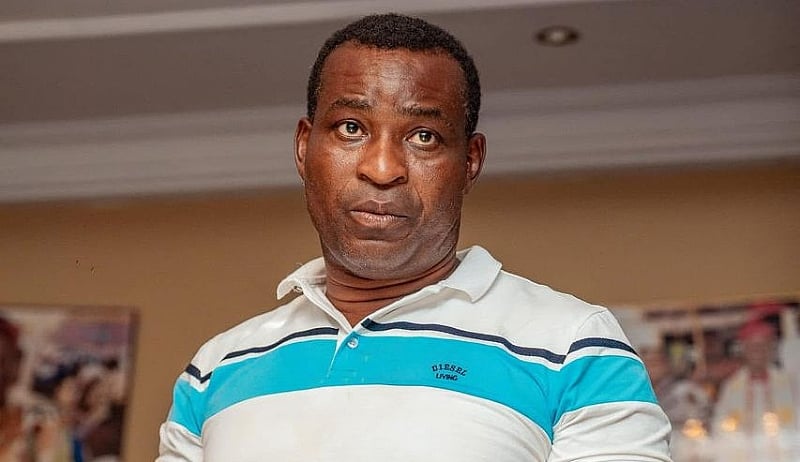The arrest and subsequent release on bail of Bernard Antwi Boasiako, widely known as Chairman Wontumi, has ignited a flurry of speculation and debate within Ghana’s political landscape. Wontumi, the Ashanti Regional Chairman of the ruling New Patriotic Party (NPP), a position of considerable influence within the party, was apprehended by the Economic and Organised Crime Office (EOCO) on Tuesday, May 27, 2025. While the specific charges remain officially undisclosed, the arrest is widely believed to be linked to ongoing investigations into alleged financial improprieties and potential breaches of economic regulations related to some of Wontumi’s business ventures. This incident highlights the increasing scrutiny placed upon high-profile individuals by EOCO in its efforts to combat financial crimes.
Wontumi’s release on bail, secured on Monday, June 2, 2025, followed the fulfillment of stringent bail conditions, including a substantial GH₵50 million surety and two guarantors capable of justifying their financial means. Notably, one of the sureties was provided by Dr. Bryan Acheampong, the Member of Parliament for Abetifi and Minister for Food and Agriculture, a testament to Wontumi’s political connections and standing within the NPP. The NPP General Secretary, Justin Kodua Frimpong, publicly acknowledged and expressed gratitude for Dr. Acheampong’s support in securing Wontumi’s release, emphasizing its significance in a time of uncertainty for the party. This public display of solidarity underscores the intricate interplay between political affiliations and legal proceedings, often blurring the lines between party loyalty and due process.
The incident has inevitably sparked divided opinions. Wontumi’s supporters perceive his arrest as a politically motivated maneuver, suggesting that it is an attempt to undermine his influence within the NPP, particularly given his control over a crucial electoral base in the Ashanti Region. This view is fuelled by the perceived timing of the arrest, occurring during a period of heightened political activity. Conversely, EOCO maintains its stance of impartiality and insists that its actions are solely guided by the available evidence, emphasizing its commitment to upholding the rule of law regardless of political affiliations. This clash of narratives underscores the inherent tensions between law enforcement agencies and political figures, particularly in a politically charged environment.
The case against Chairman Wontumi, currently under review by the Deputy Attorney-General, remains shrouded in a degree of secrecy. While the specific details of the alleged financial malfeasance are yet to be publicly revealed, the situation has drawn significant attention from both the media and the public. This heightened scrutiny stems not only from Wontumi’s prominent political role but also from his diverse business interests spanning mining, media, and construction, sectors often perceived as susceptible to financial irregularities. The unfolding investigation will likely shed light on the nature of the allegations and the extent of Wontumi’s involvement, potentially revealing deeper systemic issues within these industries.
Wontumi’s career trajectory reveals a complex intertwining of political influence and business acumen. His position as Ashanti Regional Chairman has solidified his status as a key power broker within the NPP, commanding a significant electoral base that holds considerable sway in national elections. This political clout is often interwoven with his business ventures, raising questions about the potential intersection of political power and economic interests. The current investigation may illuminate the extent to which these two spheres have interacted and whether any undue influence has been exerted.
As the investigation continues, Chairman Wontumi remains on bail and is obligated to report to EOCO as required. This period of legal limbo adds another layer of complexity to the situation, creating an atmosphere of uncertainty surrounding his future political career and business dealings. The outcome of the investigation will undoubtedly have significant ramifications, not only for Wontumi himself but also for the NPP and the broader political landscape of Ghana. It will serve as a crucial test of the country’s commitment to tackling financial crimes within its political and business elite, and the ability of its institutions to operate independently and impartially.


